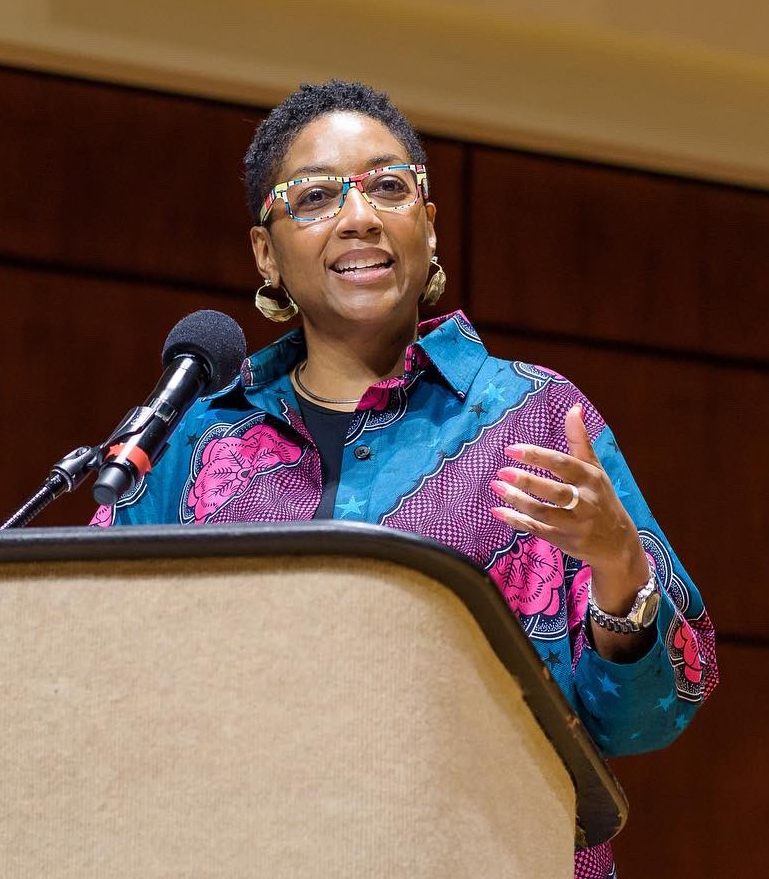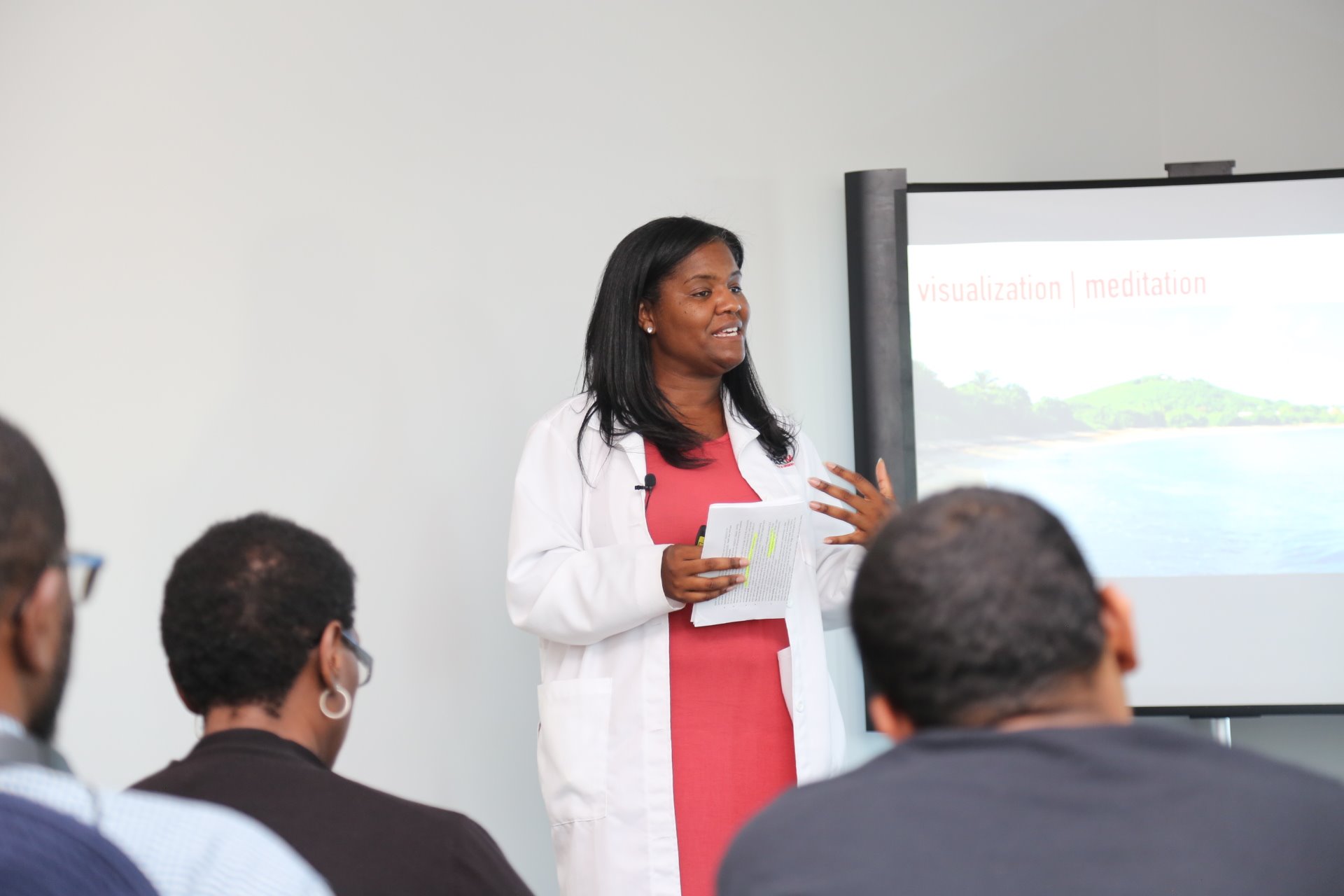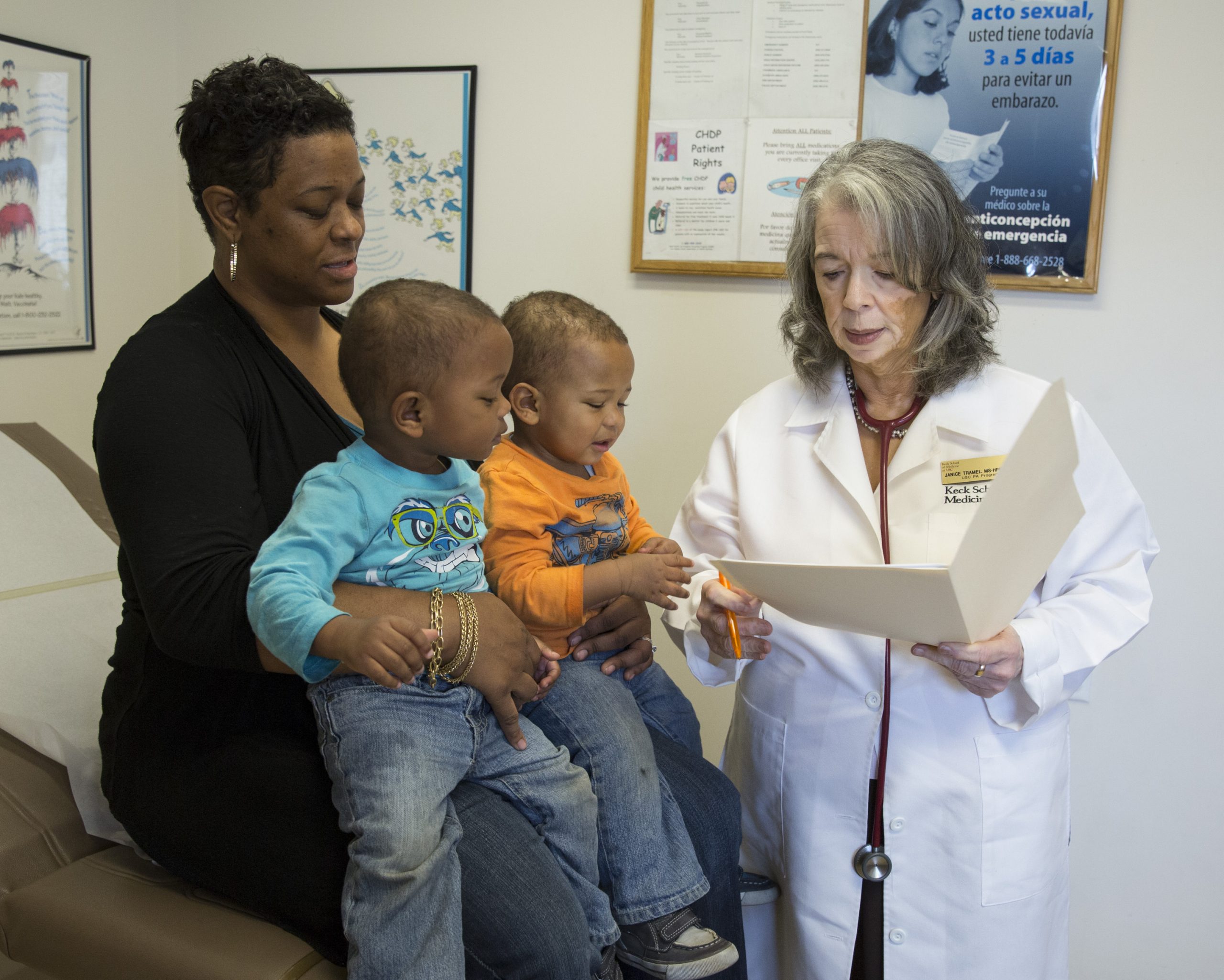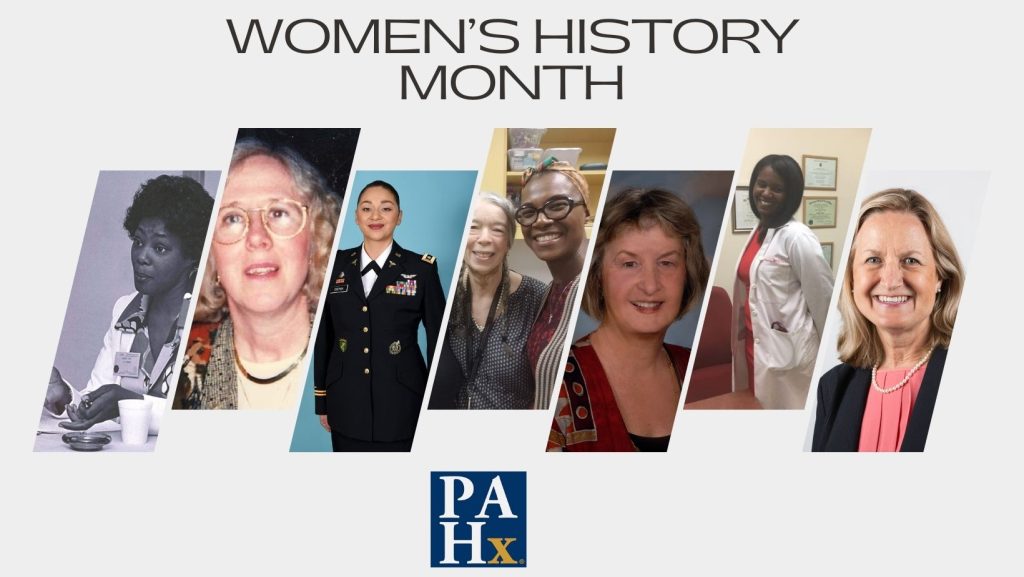The National Women’s History Alliance has revealed that this year’s theme for 2024 is “Women Who Advocate for Equity, Diversity and Inclusion.” The theme recognizes women throughout the country who understand that, for a positive future, we need to eliminate bias and discrimination entirely from our lives and institutions.
During 2024, the Alliance has asked for the recognition of women who “are committed to embracing everyone and excluding no one in [the] common quest for freedom and opportunity.” There is also an emphasis on the value of hearing stories from various backgrounds and points of view.
This year, the PA History Society has selected a handful of biographies for Women’s History Month that demonstrate those who made history by making a difference, specifically with DEI initiatives in the profession and in their communities. These are just a sampling of the many stories contained in the Society’s oral history and biography collections. Please browse the webpages of these collections to discover many more inspiring ladies! To view the Society’s entire collection of interesting stories, please visit: PAHx Biographies and PAHx Oral History Interviews.
Biographies:
Joyce Nichols was the first female PA. It took her three tried to enter the Duke PA program, being told that she could never keep up with her studies because she was a woman, a mother and lacked a military background; even though none of these things had stopped her becoming a nurse or an advocate for tenants’ rights in her community. Due to pressure from her co-workers and current students in the PA program, Nichols was accepted and graduated in 1970. She was the first person of color to serve on the American Academy of PAs and was one of the leading forces in establishing the Minority Affairs Committee where she became the first chair.
Karen Bass is the first PA to serve in the US House of Representatives. She is now the first woman to become Mayor of Los Angeles, CA. Before becoming a representative for her state, Bass was and educator at USC Keck School of Medicine Primary Care PA Program. She directed the university’s Health Careers Opportunity Program (HCOP), which was designed to increase the number of individuals from educationally or economically disadvantaged backgrounds entering health and allied health professions programs. She helped establish Project Prepare for the USC PA program which provided opportunities for individuals interested in becoming PAs to shadow PAs at work and learn firsthand how to improve their credentials for acceptance into a PA program. Bass was a strong supporter of Project Access, which was designed to introduce high school to the PA profession during AAPA annual meetings.

Kara Caruthers has been a staunch advocate for DEI initiatives. Her dedication to inclusive and equity representation within the profession has led to her involvement as both a participant and team lead in the Project Access diversity recruitment initiative hosted by the PA Education Association (PAEA) and the American Academy of PAs (AAPA). She served PAEA as a member of the Recruitment and Retention Subcommittee of the Inclusion and Diversity Council before joining the board. She would later serve as president of the organization during its 50th anniversary year (2022).
Libby Coyte has fought for improved access to healthcare since her PA student days, especially for rural areas. She was a consultant for the Rural Health Clinics Program for Iowa Department of Health (1988) and has been a member of the Iowa Rural Health Clinics Association since 1998, serving on the organization’s Board of Directors and as its President (2011-2012). She most recently served as a member of the Iowa Collaborative Safety Net Provider Network – Leadership Group that includes community health centers, free clinics and rural health clinics that work together to provide medical care for people without health insurance.
Ann Davis spent the early part of her PA career supplying healthcare to children in underserved areas. She was the first PA in Flagstaff, Arizona. Part of her position included running the county’s Well Child Program and providing care for the students at the U.S. Bureau of Indian Affairs Student Dormitory. After joining AAPA as Vice President of Constituent Organization Outreach and Advocacy, Davis educated state and national health-related groups on the utilization and regulation of PAs, provided guidance on best practice models for the PA profession, monitored trends in health law and policy development, and drafted legislation to improve state laws.

Shani Fleming is recognized as a national diversity and inclusion leader who has helped develop strategies and efforts to teach her academic colleagues about the importance and benefits of inclusion, diversity, equity and social justice in PA education. Her leadership and involvement with the American Academy of Physician Associates (AAPA) and the Physician Assistant Education Association (PAEA) Project Access Task Force has enlightened numerous Black, Indigenous and People of Color (BIPOC) high school and college students about the PA profession.
MAJ Kelly Guerra provided medical training to African Forces deploying to Somalia, executed humanitarian medical events, and volunteered to teach Spanish to U.S. Servicemembers to increase diversity and advocate Hispanic culture. In 2020, she received the U.S. Army Distinguished Military Service Award from LATINA Style Magazine for her achievements advocating for diversity and representing the Hispanic culture with dignity and pride.
Lillie Hudson was only 1 of 2 PAs invited in the group of ninety scholars to attend the National Institute of Health, National Institute of Minority Health and Health Disparities, 3rd Annual Translational Health Disparities Course, in Bethesda, Maryland, in August 2013. During this 2-week intensive training Hudson realized that she wanted to be a part of the solution and actively participate in training the next generation of compassionate PA clinicians that would expand health equity and challenge health disparities. As a full-time clinical instructor of Family Medicine at the Keck School of Medicine, she serves in many roles including the director of the Pre-PA Pathway and faculty advisor to the African-Heritage PA Student Interest Group. These 2 student led organizations, work to increase awareness of the PA profession in historically marginalized communities with the goal to diversify the profession and combat health care disparities.
Kathy Pedersen uses her position in academia to identify and use PA-like providers in settings around the world to reduce healthcare inequity and improving healthcare access. She has been involved with hosting delegations from other countries; exploring and fostering the PA profession; and working with student electives in Honduras, Thailand, Papua New Guinea, Australia, Nepal, Indonesia, Liberia, the Thai/Burma border, and other countries. A career highlight was helping to create the interdisciplinary Thailand International Elective for PA, Public Health, pharmacy, and medical students. This 4-week rotation exposes students to many impactful experiences in resource-poor settings, including refugee camps and clinics for displaced Burmese, the leprosy hospital, the HIV/AIDS hospice, orphanages, and others.

Janice Tramel was the first African American and woman to chair the Physician Assistant Examining Committee (now the California PA Board) and the first to chair the California Academy of PAs Program Relations Committee. She has served as an ARC-PA site visitor, Department of Health and Human Resources grant reviewer, chair of the Faculty and Staff Development Committee for the Association of PA Programs (now PAEA), participated in Project Access, and is a founding member of the African Heritage Caucus for the American Academy of Physician Assistants (AAPA). In 2017, she received a Certificate of Honor from the African Heritage Caucus of AAPA for her dedication to the diversity in the profession. Most recently, she was acknowledged for her 40 years in PA education with a special congressional recognition from Representative Karen Bass, who was a student of Tramel’s.
Peggy Valentine‘s service to the PA profession included chair of the Student Minority Affairs committee and chair of the AAPA Minority Affairs Committee, each for three consecutive years. In 1987, she served as President of the DC Academy of Physician Assistants. She worked with colleagues to establish Project Access, a national minority recruitment program.




